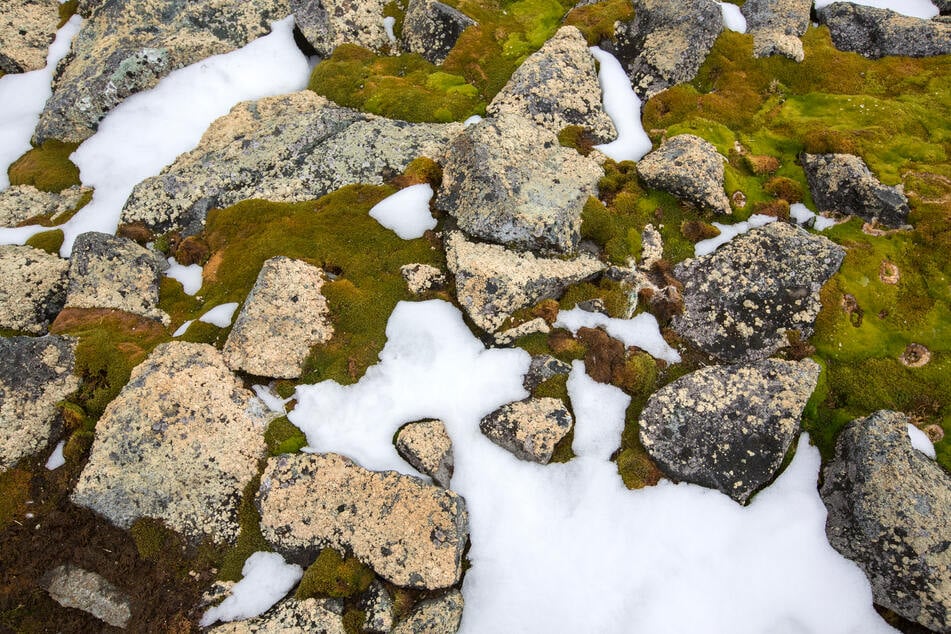Scientists sound climate alarm as Antarctica rapidly turns green
Scientists are sounding the alarm on climate change and global warming after a new analysis revealed that plant growth is spreading rapidly across the previously-inhospitable Antarctic continent.

A recent analysis of satellite data has revealed that vegetation has spread rapidly across the Antarctic Peninsula over the past four decades, threatening local ecosystems and signaling an impending climate crisis.
The data, which was collected between 1986 and 2021, shows a stark increase of nearly 10% in the rate of vegetation cover coating parts of the Antarctic Peninsula.
Made up mostly of different forms of moss, the report reveals that vegetation covered almost 12 square kilometers (about 7.5 square miles) in 2021, as opposed to less than one in 1986.
In an article released by Nature Geoscience on October 4, the greening of Antarctica is equated to the region's rapid warming at the hands of climate change.
"These numbers shocked us," study co-author and scientist at the University of Exeter Thomas Roland told Nature. "It's simply that rate of change in an extremely isolated, extremely vulnerable area that causes the alarm."
While Roland believes that most of the vegetation that has spread across Antarctica is moss, there is a risk that this moss will open the door for other invasive plant species to start to grow.
"There's a huge potential here to see a further increase in the amount of non-native, potentially invasive species," he said.
This concern is largely due to the tendency for moss to slowly produce a layer of ground soil, which then becomes fertile ground for other plants to grow within.
Climate change wreaks havoc on Antarctic ecosystems
As the climate warms, ice cover on Antarctica continues to reduce, causing untold damage to local ecosystems. Now, scientists are warning that invasive plant species could pose their own threat.
"While cryospheric responses are well-defined, the responses of moss-dominated terrestrial ecosystems have not been quantified," Roland says in the study.
"This trend echoes a wider pattern of greening in cold-climate ecosystems in response to recent warming, suggesting future widespread changes in the Antarctic Peninsula's terrestrial ecosystems and their long-term functioning."
Cover photo: IMAGO/Pond5 Images
